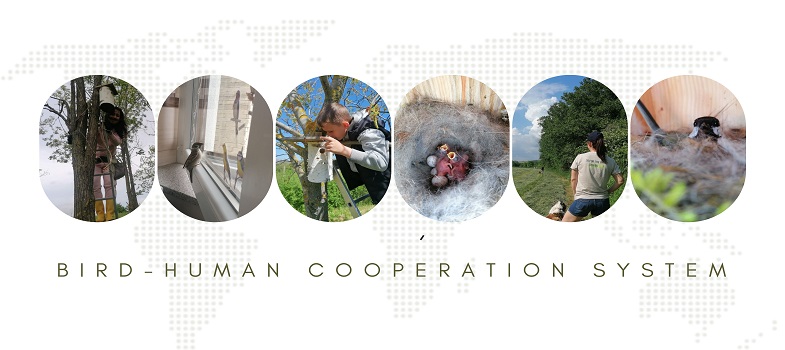areas of my situation
Win-Win Situations in My Life: A Scientific Perspective
Introduction
A win-win situation is defined in behavioral science as a cooperative interaction where both parties experience mutual benefits. This concept is supported by theories of social exchange and mutualism, which state that individuals are more likely to form long-lasting relationships when outcomes are rewarding for both sides. Reflecting scientifically on my life, I find win-win scenarios in friendships, family, education, and community activities.
In Friendships
From a psychological perspective, friendships demonstrate reciprocal altruism. For instance, when I share academic notes with a friend, the favor is later returned when I need help. Both parties enhance their academic performance, showing how cooperation increases individual fitness. This mirrors ecological systems where organisms exchange resources for survival. The emotional support exchanged in friendships also releases hormones such as oxytocin, proven by neuroscience research to strengthen trust and social bonding.
In Family
Family relationships illustrate a biological form of kin selection, where cooperation ensures the survival and well-being of relatives. When I assist my parents with household tasks, they benefit from reduced workload, while I gain life skills and responsibility. Similarly, caring for siblings creates emotional satisfaction on both sides. Research shows that such cooperative behavior within families improves mental health and strengthens resilience, making it a natural win-win arrangement.
In Education
Educational settings provide structured examples of cooperation. In group projects, task-sharing allows each member to apply unique skills, resulting in improved collective outcomes. This resembles the scientific principle of synergy, where the combined effect is greater than the sum of individual contributions. My collaboration with classmates often leads to better grades and deeper understanding, a clear academic win-win. Additionally, teacher-student relationships follow the model of mutual benefit: teachers gain respect and fulfillment, while students acquire knowledge and confidence.
In Community Life
Community-level cooperation can be explained through the concept of collective action. For example, when I volunteer in school or neighborhood events, the community benefits from my effort, while I acquire skills, social connections, and a sense of belonging. Sociological studies confirm that individuals engaged in cooperative activities report higher well-being, making this a scientifically recognized win-win outcome.
A win-win situation for humans is one where all the people involved benefit instead of one side gaining while the other loses. In other words, it is an outcome based on cooperation and mutual advantage, not competition.
Key Features of a Win-Win Situation for Humans:
-
Mutual Benefit – Everyone gains something valuable. For example, in teamwork, each member contributes skills and in return learns from others, leading to success for all.
-
Fairness – No one feels exploited or left behind.
-
Sustainability – The relationship or agreement can continue in the long term because both sides are satisfied.
-
Trust and Respect – People involved value each other, which strengthens the bond.
Everyday Examples:
-
Friendship: When friends support each other emotionally or academically, both feel stronger and more connected.
-
Family: Parents give care and guidance, while children return love, respect, and joy.
-
Education: Teachers provide knowledge, while students give attention and respect, making teaching more fulfilling.
-
Workplace: Employers provide salaries and career growth, while employees contribute productivity and innovation.
👉 In short, a win-win situation for humans means creating outcomes where cooperation leads to shared success, making life better for everyone involved.
Conclusion
Analyzing my experiences scientifically reveals that win-win situations occur in many areas of life. They can be explained through principles such as reciprocal altruism, kin selection, synergy, and collective action. These frameworks show that cooperation is not only morally valuable but also biologically and socially advantageous. Recognizing win-win outcomes in daily life reinforces the importance of mutual benefit as a driver of human survival, success, and happiness.
